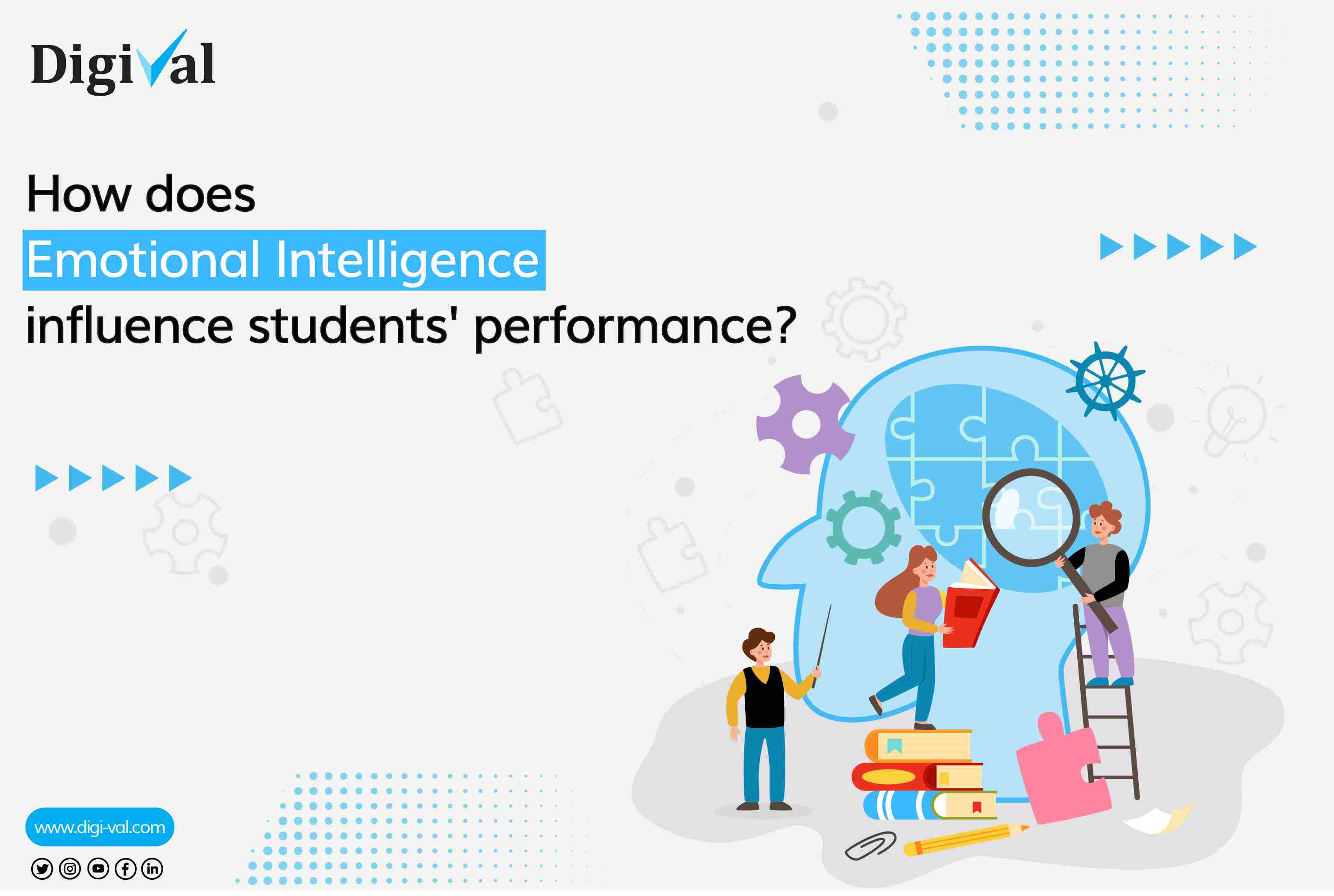You might have come across statements like act according to the situation, consider what the other person will be going through, and where you see yourself in the next 5 years. These simple enquiries are what evaluate whether we are emotionally capable to handle a situation.
First, let us define Emotional Intelligence(EI). The concept can be broken down into elements that construct its core idea.
- Emotional awareness
- Social skills
- Empathetic availability
The pandemic has made us realize the importance of emotional stability and the need for building this awareness among the young generation. Stress management and student burnout are major concerns today. Making them emotionally available and enhancing their prosocial behaviour becomes the need of the hour to tackle the increasing student pressure.
So let us understand why EI is necessary for student learning and meeting the learning outcomes.
Why EI are important in student learning?
Research has been conducted over the years to understand why EI is important in evaluating student performance. EI is analysed based on factors like
- Self-awareness
- Self-regulation
- Motivation
- Empathy
- Social skills
The connection of EI with academic performance is directly proportional. Students must not only be able to understand others' feelings but also understand themselves.
Let us understand the value of EI through a simple activity. Consider a group of students paired into two for peer learning. One can be allotted as the mentor or guide and the partner can learn from them.
The student mentor is expected to understand, support, and regulate his/her feelings and their partners’. He/she might have to learn how well the partner can grab a concept, which methods are useful for learning and the time taken for each study session. Basically, the students are evaluating each other.
This simple instance can draw observation of the following types from each student:
- Leadership qualities
- Empathetic support
- Emotional awareness
- Motivation
- Problem-solving skills
- Decision making
- Stress management
The list does not end here. You can bring about more evaluation pointers with these activities.
Overall student evaluation through DigiVal
The student progress tracker has proven to be one of the greatest features of educational development. It allows the teachers as well as students to create a graph for each student based on the program they choose.
Automation helps the staff and students to get the report and grade sheets. Now, teachers can conduct continuous evaluations like formative assessments and find out where the student is weak. DigiClass assist the faculty by generating detailed student graphs to identify these gaps.
Though these activities are meant for academic evaluation, they also analyse the psychological and ideation capabilities of each student. Onsite and remote sessions through DigiClass improve student interactions, which is a way of understanding their emotional responses to a situation. Activities, discussions, debates and group activities contribute to the same effort.




